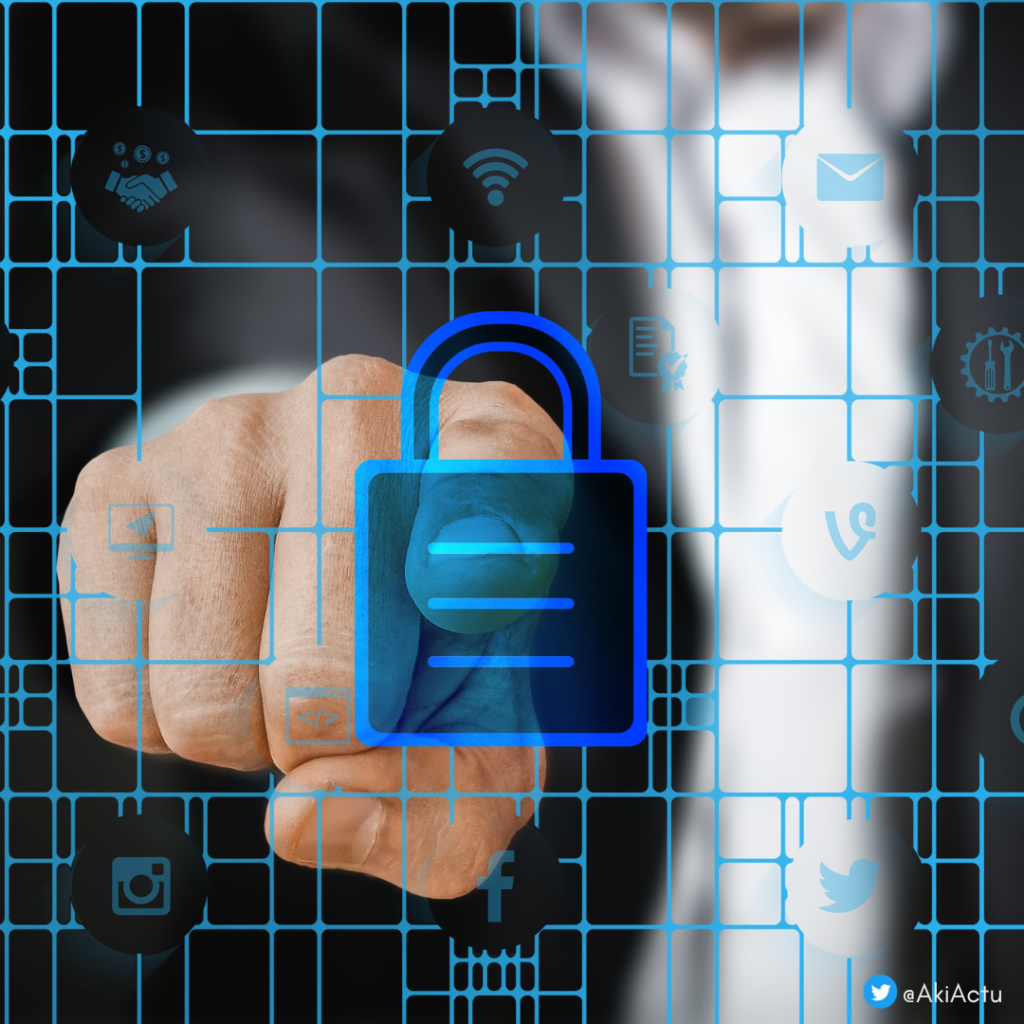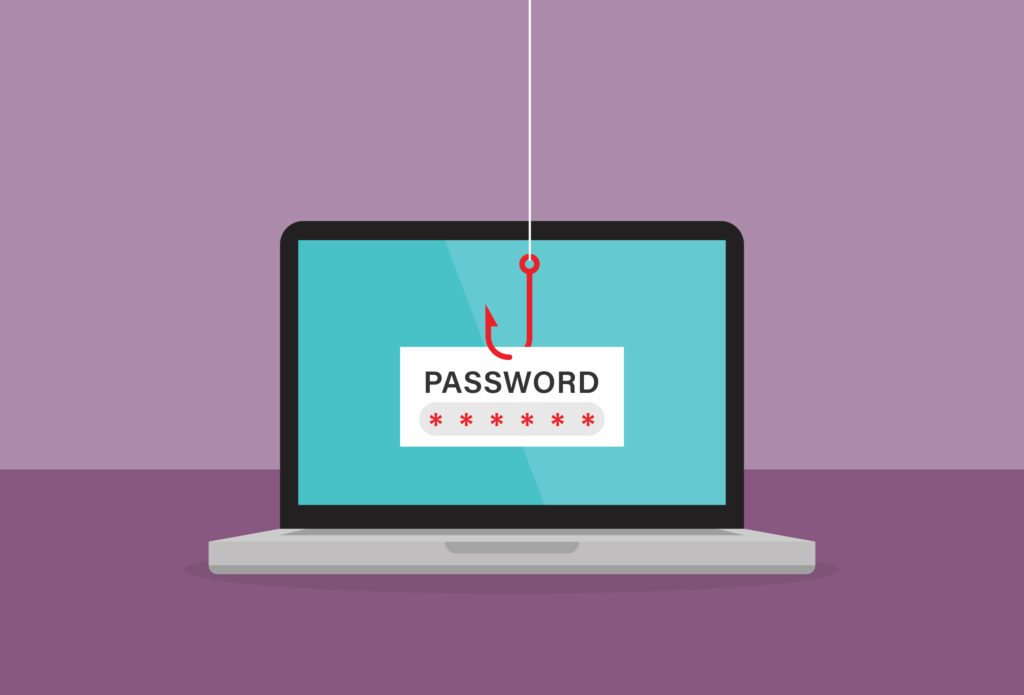Strengthen your privacy settings on social networks
- Disable geolocation
- Activate the Bleutooth that in the event of a need
- Use different passwords
- Check if one of your accounts has been stolen from have i been pwned.com
- Download updates and anti-virus regularly

Secure your password
- They must be unique and robust
- At least 12 characters long
- Avoid familiar words
- Make a mixture of capital letters and tiny
- Mix the numbers and symbols
- The most judicious is to use a secret sentence. For example, choose a succession of fun or random words (person/place/adjective/number)
- Choose a sentence that you will remember easily and take the first letter of each word for password
Use a password manager. One of the following three applications is possible to create and store robust passwords
1️⃣ Last pass
2️⃣ Common Key
3️⃣ 1 Password (free for journalists)

Protect your data by avoiding binding
Also called phishing in English, it is the concept of obtaining personal data such as an email address, a telephone number or a social network. A private message, SMS, or email will push the target person to click on a link. In general, phishing is used for financial purposes. Dangerous, the message can be personalized by pretending to be your bank, a friend, a colleague etc.
In order to avoid falling into this trap, ask yourself these two questions:
1️⃣ Does this message ask you to do something as quickly as possible? Stay on your guard if you encourage you to click on a link or download a file
2️⃣ Where does the sender account come from? Is the email address correct? Are there any more or less characters? In the case of an SMS, do you know the phone number? If it's a private message, do you know the account?
In doubt, contact the sender via another platform before clicking on a link. If you think you have clicked on a suspicious link, come into contact immediately with the media technical service.
Secure your accounts with multiple factors authentication
To protect your accounts, we advise you to activate several factors authentication. In addition to your passwords, use a security function on your messaging, social networks etc.
If someone tries to connect to an account with your password, they will have to enter a second information.
Several solutions are possible: sending an SMS code, download an express application like Authy or Google Validation.
Secure your connections using a VPN
- Always use a WiFi network of trust. Please note, when you use an open network in a public place, it is not at all secure. Public places are interference targets with other connections or hacking.
- A VPN figures the data, masks your IP address and gives the impression that you are doing a search from another place in the world.
However, be careful to find out which VPN buy because they vary in terms of quality and safety. Some are even blocked in different countries. You can also learn how to geocal an internet images thanks to various tips.
Secure online
- Delete your personal information online as much as possible
- Check your geolocation
- Do not hesitate to report or block an account or a post
- Do not delete or do not mask the evidence of an attack
- Always keep links and screenshots
- Ignore the trolls
RSF publishes its report “Online harassment of journalists: when the trolls launch the assault” .









